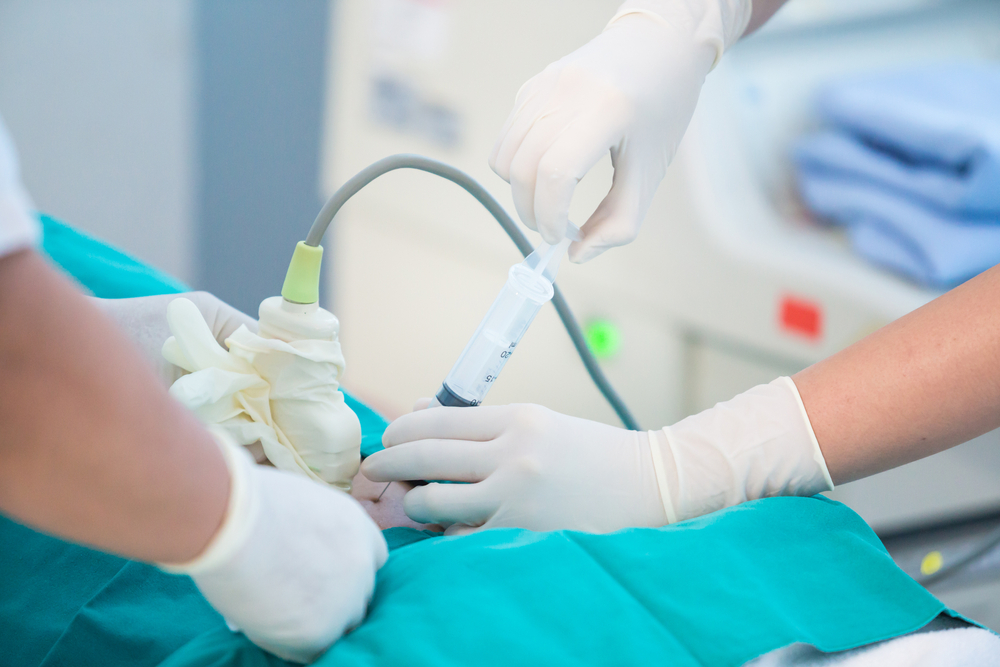Birth defect testing done in the midst of pregnancy can look for possible issues with the baby. Birth defects are created when something isn’t normal with the characteristics or chromosomes, an organ, or the anatomy. A birth defect may have a small impact on a child’s life, or it can significantly affect individual fulfillment or future.
Birth defects include:
- Chromosomal defects, such as Down disorder and trisomy 18
- Diseases that run in a family, for instance, Tay-Sachs, sickle-cell disease, and cystic fibrosis
- Major organs, such as heart abnormalities and neural tube defects, including spina bifida


